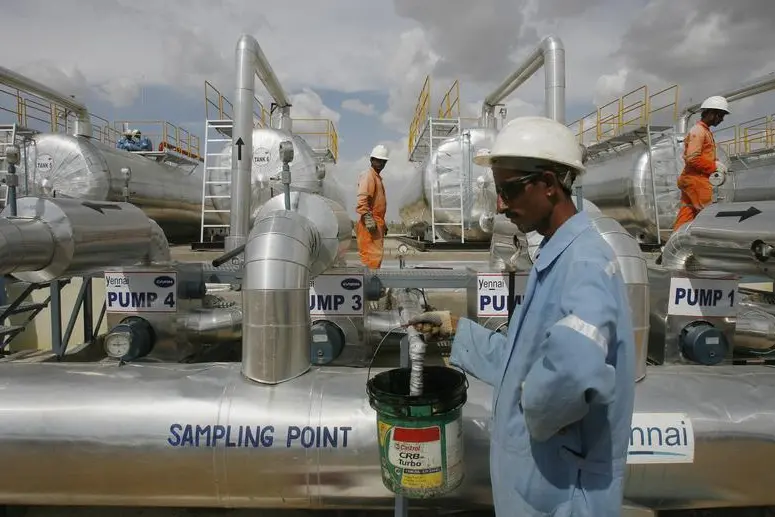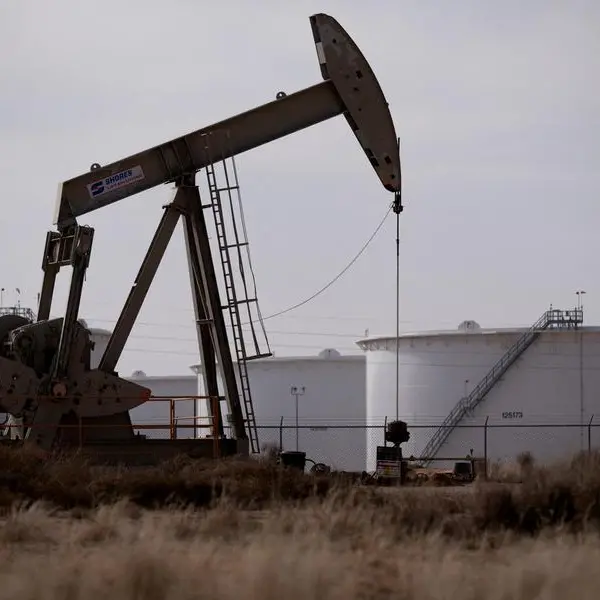PHOTO
MUMBAI - India’s oil and gas ambitions are looking loftier than ever. Courting foreign firms to hit an investment target of over $100 billion by 2024, oil minister Dharmendra Pradhan was this month quoted by the Economic Times as saying there was no better country in which to invest in energy. Yet a five-year-old tax dispute between New Delhi and Britain’s Cairn Energy undermines any promise of predictable policies. An international tribunal is due to rule on the row in the coming months. The sooner, the better.
Cairn Energy made India’s biggest oil discovery in decades in 2004 and went on to list a new company in Mumbai called Cairn India. The UK parent gradually reduced its shareholding in the entity to 10%. Its exit, though, was disrupted when Cairn came under investigation for gains made with the corporate reorganisation. In 2015, it was hit with a $1.6 billion bill. New Delhi’s demand, based on retrospective legislation, was just one of the cases dubbed as “tax terrorism” by political opponents.
Cairn’s remaining shareholding, merged into Vedanta India, was worth about $1 billion when it was frozen, and eventually sold off by authorities. Cairn is now claiming about $1.4 billion back in compensation, according to a person familiar with the situation, comprising the value of the shares when they were seized, plus some. That’s almost equal to the UK company's entire current market value.
The stakes are still higher for India, which has a strong incentive to honour the ruling whatever the outcome. The government of this major oil and gas buyer has made domestic exploration a priority, but needs investors to fund prospecting, and cash to revamp associated infrastructure. India will be a top driver of global energy demand in coming years. That means it must also increase domestic capacity, or face a spiralling import bill.
The fight with Cairn started under the previous government, but Prime Minister Narendra Modi’s administration has preferred, so far, to let outstanding cases play out through the legal system. The prolonged path to resolution has probably held back capital, well beyond energy: foreign direct investment into India has been flat for the last two full financial years to March. With the economy growing at the weakest pace since 2013, it's a good time for a reputation reset.
(Editing by Clara Ferreira Marques and Sharon Lam) ((una.galani@thomsonreuters.com; Reuters Messaging: una.galani.thomsonreuters.com@reuters.net))





















